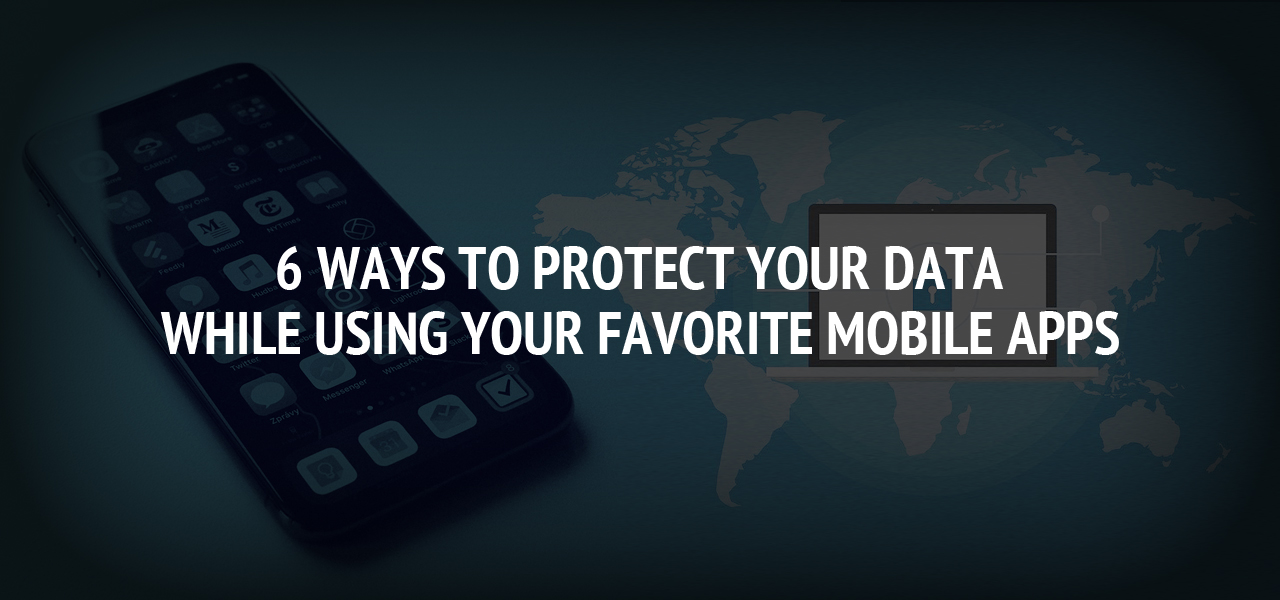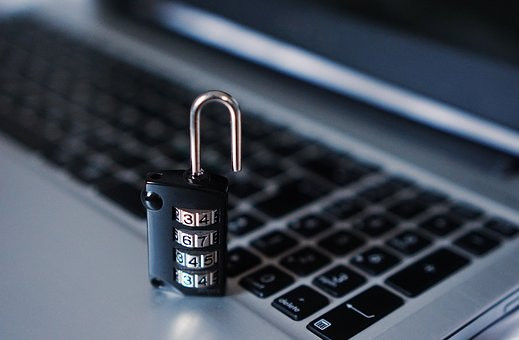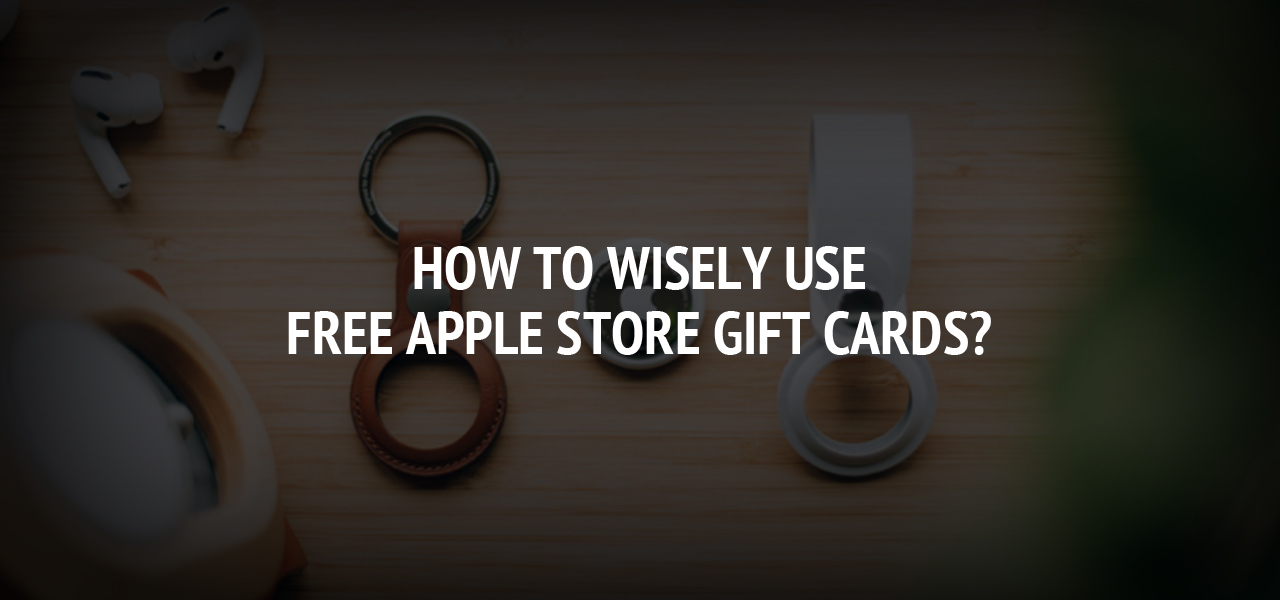6 Ways to Protect Your Data While Using Your Favorite Mobile Apps

We've all grown attached to our favorite mobile devices. We put a lot of faith in our little handheld or tablet-sized computers. Even though we rely on them to navigate our surroundings, send money, communicate with loved ones, we forget they aren't indestructible.
Yes, we've all experienced a shattered screen or useless battery, but what about the dangers that threaten our devices from the inside out?
Today, we'll take a look at data security and what that means for your mobile phone or tablet. Learn how to protect your data while using your favorite mobile apps here!

1. Be Wary of Public Wi-Fi
Using a public Wi-Fi network makes your devices more susceptible to hackers. A VPN (virtual personal network) is one solution to this threat. There are many VPNs to choose from, but some will only offer trials that last one or two days.
Unlike other options, NordVPN doesn't offer free trial periods for a few days only. Instead, you can access a 7-day or 30-day trial.
2. Keep Your Apps Updated
If you keep your apps updated, you lower your chances of a security break. Most apps will update automatically on your device. But some may ask permission before they install an update. If you have the latest version of an app, it has fewer vulnerabilities.
In addition to app updates, don't forget to update your device's operating system.
3. Read the Permissions Your Grant
Whenever you download a new app, the app usually presents permissions. Most people grant those permissions without a second glance, just to get the app up and running. However, we recommend that you pay attention to what permissions you accept.
Some apps try to access your camera, microphone, and contacts even when they don't need them. To change your granted permissions, go to your privacy settings for every app you install.
4. Understand Risks in the Workplace
If you're an employer, you may have additional threats to worry about. Over the years, businesses have allowed more employees to bring their personal devices to work. While this shift is good for productivity, it also poses a security threat.
If an employee device connects to the network, the company's data may be exposed. To combat this, companies now train their employees on security best practices and implement protective software.
5. Use Strong Passwords
This may seem obvious, but you'd be surprised at how many people use weak passwords. There are ways to create stronger passwords automatically. There are also trusted apps, like LastPass, that remember your complicated passwords for you.
Don't use the same password for all of your accounts if you can help it. Other methods, like two-factor identification, are also useful for extra security.
6. Download Apps from Trusted Sources
Whenever you download a new app, make sure it comes from a trusted source. The official app store on your device, either the Apple App Store or Google Play Store, will be your best bet. The apps available through these stores must pass certain requirements to be considered safe.
If you do download an app from an official provider, pay attention to the producer of the app. Read reviews and look for anything suspicious just in case.
Conclusion
The last thing you want is for your data to fall into the wrong hands; cyber criminals will try to take it without you knowing. But, if you practice all of these good security habits, you will minimize the chance of a security break.
So, start implementing these tips today and protect your devices!
About The Author
Related Blog
View All-
How To Wisely Use Free Apple Store Gift Cards?
Apple Store gift cards are a popular and versatile currency for Apple users. Whether you received a gift card as a present or earned it through a promotion, maximising its value requires careful planning and wise decision-making. By making informed choices and ...
-
4 Tips to Land a UX Design Job in the Competitive World of User Experience
Are you looking for a job in UX design but are having no luck? Getting a user experience internship is competitive. The demand for these positions is increasing, leading hundreds of candidates to rush to one job listing. You'll need to stand out among the ...







